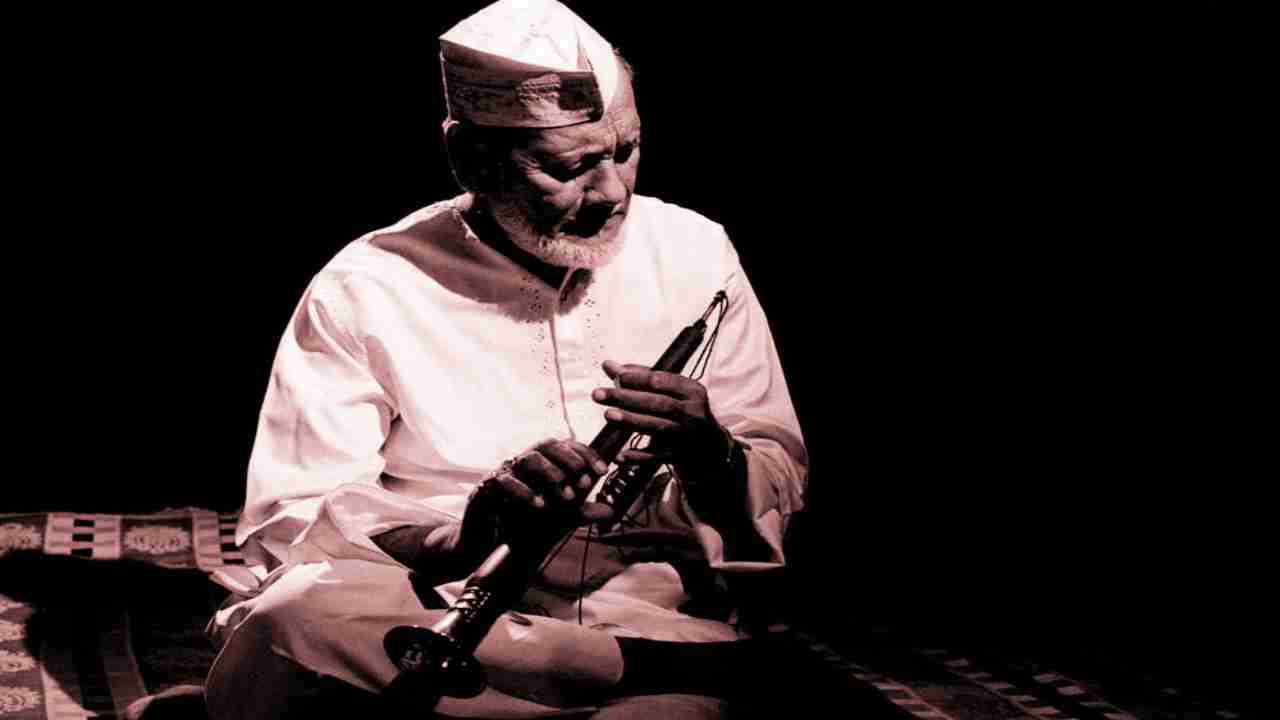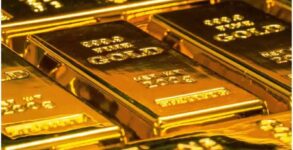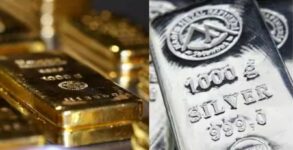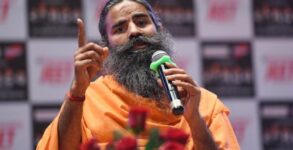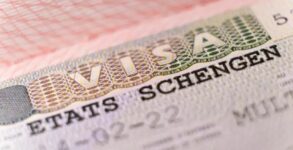One of the greatest musician of India, Bismillah Khan was born on March 21, 1916. Khan is also referred as Ustad, or master, a title given to him as an honorary appreciation for his work.
India’s declaration of independence from Red Fort in 1947 and the creation of the Indian republic in 1950 was heralded by Khan’s shehnai. Even today, his music is played during Republic Day celebrations.
Khan was born in a family of traditional Muslim musicians in Bhirung Raut Ki Gali, Dumraon, in what is now the eastern Indian state of Bihar, as the second son of Paigambar Baksh Khan and Mitthan. The young Qamaruddin’s grandfather had exclaimed “Bismillah” when he saw the newborn, and the name stuck.
On the occasion of Ustad Bismillah Khan’s 105th birth anniversary, here are some lesser-known facts about the Shehnai maestro:
- Bismillah Khan started playing the shehnai when he was 14. However, his performance at the All India Music Conference at Kolkata in 1937, when he was 21, became a defining moment in his career, according to Google.
- At the age of six Bismillah moved to Varanasi where he got his training on the shehnai under his uncle, the late Ali Baksh ‘Vilayatu’. Vilayatu was attached to Varanasi’s Vishwanath Temple.
- Khan was awarded India’s highest civilian honour, the Bharat Ratna, in 2001, becoming the third classical musician after M. S. Subbulakshmi and Ravi Shankar to be given this honour as he was responsible for making the shehnai a famous classical instrument.
- He referred to the shehnai as his begum (meaning wife in Urdu) after his wife died and never remarried.
- Khan was a pious Muslim, and was also a symbol of communal harmony. He also performed for spiritual master Prem Rawat.
- The musician had the honour of performing at Delhi’s Red Fort on the eve of India’s Independence in 1947. He also performed raga Kafi from the Red Fort on the eve of India’s first Republic Day ceremony, on 26 January 1950.
- He died on August 17, 2006, of a cardiac arrest in Varanasi. He is survived by five daughters, three sons and a large number of grandchildren and great-grandchildren.
- The Government of India declared a day of national mourning on his death.

